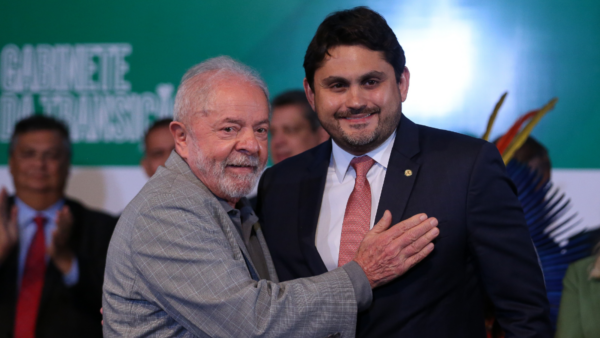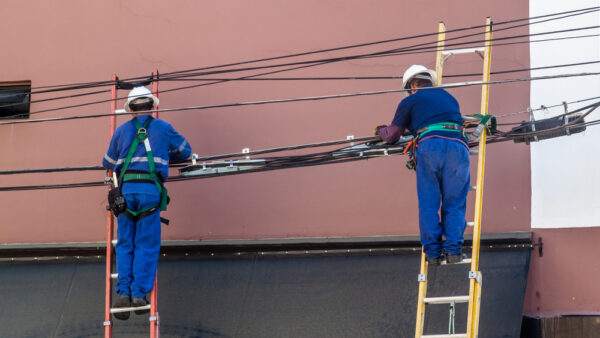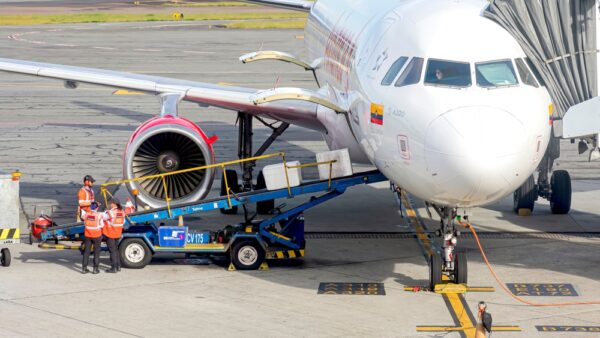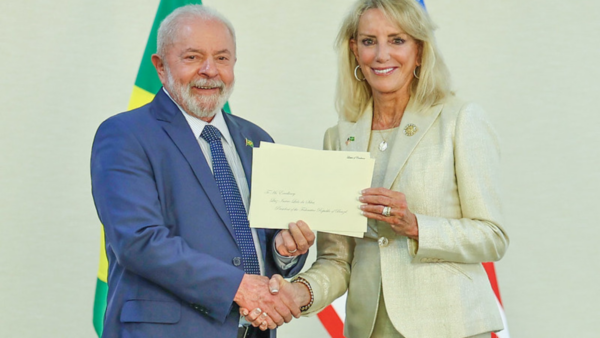Finance Minister Fernando Haddad on Thursday said the federal government is currently considering how to reduce public spending.
“We have obviously started discussing 2025 here, the spending agenda […] the team is already assembled, what we asked for was an intensification of [their] work, so that by the end of June we can have clarity on the 2025 budget,” he told reporters on Thursday during a press conference alongside Planning Minister Simone Tebet.
Legally, the government must submit the budgetary law for the following year no later than August 31. Every April, the government submits a Budgetary Directives Law (LDO), a shorter version that consists of budgetary tenets. The most recent one lowered the projected fiscal surplus in 2025 to a zero-deficit goal, from a surplus of 0.5 percent of the GDP previously projected in the budgetary law enacted for this year.
Mr. Haddad added that the agenda of expense cutting is gaining “traction” among lawmakers. “Congress is very willing to move forward [on spending cuts], [lawmakers have] been saying this, ‘we want to review primary spending, we are willing to cut privileges’, several issues have already come to the surface that are being discussed again […] This all came back to the table, we think that’s great.”
So far, the Luiz Inácio Lula da Silva government has mostly focused on raising revenue rather than cutting expenses. In late 2023, Lula enacted a bill to tax offshore investments and hedge funds used by the super-rich.
Later, the government limited exclusive pension funds for super-rich families to up to BRL 5 million (USD 1 million) in individual balances, a tool to prevent tax avoidance from offshore investments migrating to such pension funds.
Furthermore, the government passed legislation reinstating a rule at Brazil’s tax appeals court that gave the Public Treasury the deciding vote in any deadlocked cases. A survey found that the government earned BRL 109 billion from winning tax appeals in 2023.
On Wednesday, the president addressed the issue of the primary deficit — claiming that fiscal goals would be met through raising revenue and managing to get the Central Bank to lower benchmark interest rates.
Markets reacted poorly to what investors considered a lack of commitment to fiscal responsibility — and the Brazilian currency crashed to its lowest levels against the U.S. dollar since early in January 2023. Meanwhile, the S&P/B3 Ibovespa VIX, a Brazilian “fear index” that measures marked volatility, is up by 30 percent since May 17.
Even before Mr. Haddad’s Thursday statements, the idea of boosting revenue was already getting a serious reality check. Ms. Tebet on Wednesday said the government is “running out of alternatives” to increase tax revenue.
Also on Wednesday, the Federal Accounts Court approved Lula’s 2023 books — but warned about rising tax waivers that now amount to almost 5 percent of the country’s GDP.


 Search
Search











































